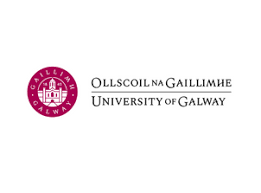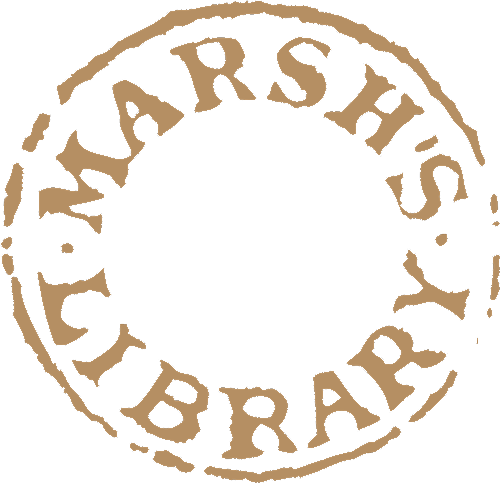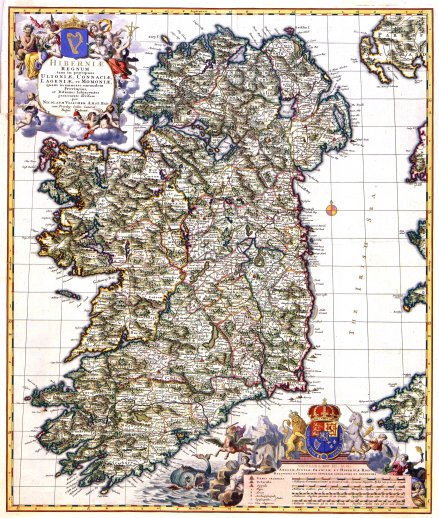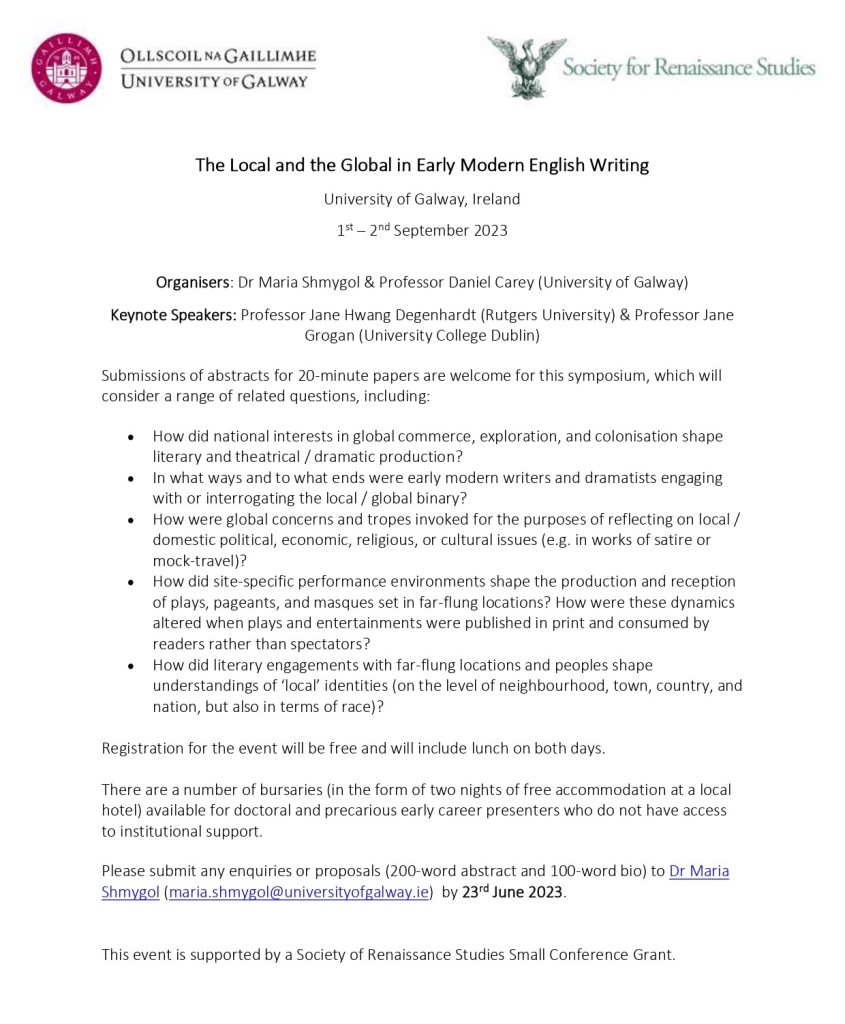CALL FOR PAPERS
12th Annual Tudor & Stuart Ireland Interdisciplinary Conference
16-17 August 2024 ♦ University of Galway
Website: http://www.tudorstuartireland.com ♦ Twitter: @tudorstuartire
Email: 2024@tudorstuartireland.com
Plenary Speakers:
Prof. Sarah McKibben (University of Notre Dame) &
Dr Hiram Morgan (University College Cork)
Proposals for individual papers (20 minutes) and group panel submissions are now welcome on any aspect of Ireland or the Irish abroad during the Tudor and Stuart periods, including:
♦ Gaelic Ireland and the Irish language
♦ Gender and society
♦ Poetry, theatre, literature, and song
♦ Ireland in a comparative/European context
♦ Classical and medieval reception
♦ Political, military, and economic history
♦ The archaeology and architecture of the early modern period
♦ Religious/ecclesiastical history
♦ Writing (and rewriting) the past
♦ Environmental literature and history
♦ Archives and records – new directions
♦ Print and manuscript culture
♦ Parliaments, parliamentarians and law-making
♦ Mobility, migration, and the Irish abroad
♦ Digital humanities and methodologies
Postgraduates, postdoctoral scholars, early-career researchers, independent researchers, and scholars from the disciplines of English, Irish, history, archaeology, art history, theology, philosophy, music, digital humanities, and Irish studies are particularly welcome to submit proposals for consideration. Proposals for panels in Irish are strongly encouraged.
Abstracts of no more than 250 words can be submitted through the conference email:
2024@tudorstuartireland.com The call for papers will close on 3 May 2024
The 12th Tudor & Stuart Ireland Interdisciplinary Conference is generously supported by the Department of English, University of Galway & Marsh’s Library, Dublin.













